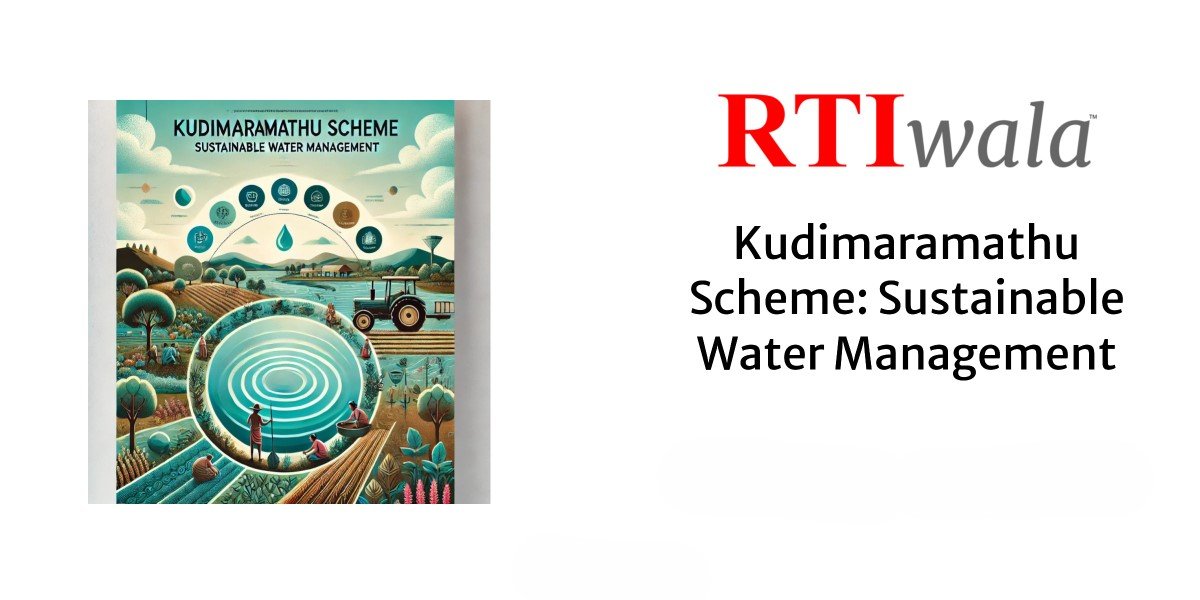Tamil Nadu’s Kudimaramathu Scheme is bringing traditional water management practices back to life, addressing the state’s critical water challenges while reviving its centuries-old community-driven irrigation systems. This innovative program focuses on the restoration and rejuvenation of tanks, canals, and reservoirs, which were historically maintained by local communities to ensure sustainable water management.
Under this scheme, the government collaborates with village-level stakeholders and farmers to desilt water bodies, repair embankments, and remove encroachments. The aim is to enhance the storage capacity and efficiency of these water resources, ensuring their availability for irrigation, drinking, and groundwater recharge. By integrating modern engineering practices with traditional methods, the scheme also contributes to mitigating water shortages and enhancing agricultural productivity.
Improved Irrigation: The rejuvenated tanks and canals provide a reliable water supply to farmlands, supporting both crops and livelihoods.
Groundwater Recharge: Restored water bodies help replenish groundwater levels, addressing over-extraction and ensuring long-term availability.
Community Participation: By involving local communities in the maintenance of water resources, the scheme fosters a sense of ownership and sustainability.
Flood and Drought Mitigation: Properly managed water systems reduce the risk of floods during monsoons and ensure water availability during dry seasons.
Since its launch, the scheme has resulted in the restoration of thousands of water bodies across Tamil Nadu, benefiting millions of farmers and securing water resources for future generations. The Kudimaramathu Scheme not only exemplifies a successful model of traditional knowledge integration with modern governance but also serves as a blueprint for sustainable water management in other regions. It underscores Tamil Nadu’s commitment to addressing water scarcity through community-driven, eco-friendly solutions.









